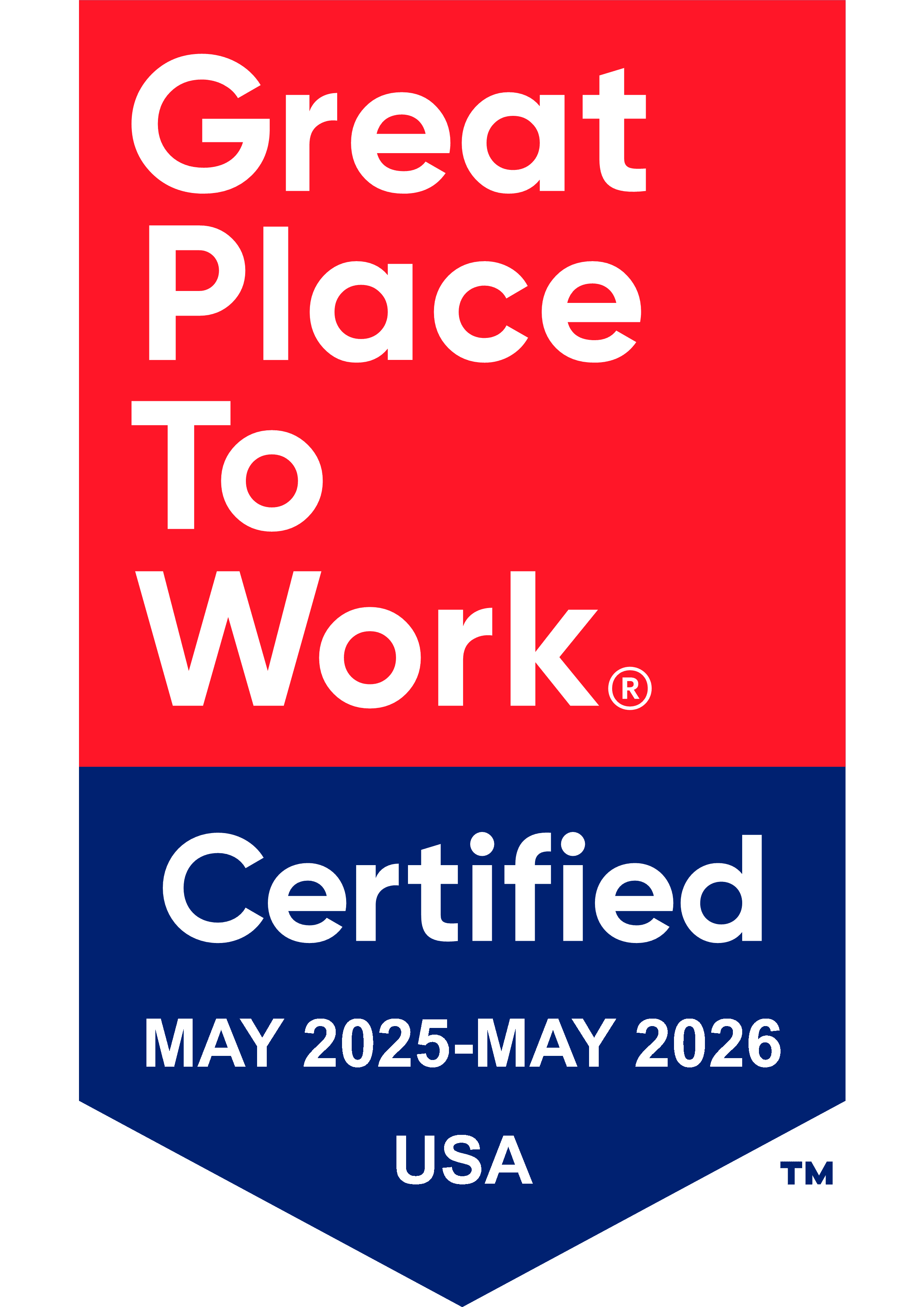Over the past three years, CADCA, in partnership with the Center for Public Health System Science (CPHSS) at Washington University in St. Louis, has invested deeply in defining what makes community coalitions effective. That work has culminated in a set of 18 competencies that outline the essential knowledge, skills, and abilities needed to build strong, effective community coalitions.
In order to spotlight each competency and share real-world examples of how they’re put into practice, CADCA has launched a new webinar series called Competencies in Focus. The first webinar took place on April 23 and highlighted the sustainability competency. CPHSS’ Jessica Price and Kim Prewitt joined Abby Nellis from CADCA to discuss the research and science behind the competencies and share ways that coalitions can begin applying the framework to their work.
Price kicked off the webinar by explaining the four-step process used to develop the competencies, following best practices outlined by the federal Employment and Training Administration. This involved synthesizing nearly 200 academic articles and conducting interviews with longtime, expert coalition leaders across Asia, Africa, and South America to gain their insights on what coalitions need to be successful, identify areas for growth, and learn about areas where coalitions are doing well. That information was used to develop the initial model of competencies. Over the course of more than a year, CPHSS continued gathering feedback from CADCA staff, trainers, and coalition members, refining the model to reach its current form.

It’s important to note that these competencies are not one-off checklists or quick wins. Each one is substantial and can be the work of a career. The sustainability competency falls under the operations domain and is defined as “maintaining the coalition and its achievements over time.”
Prewitt touched on the fact that sustainability consists of more than securing funding; it ensures coalitions have the proper leadership, partnerships, planning processes, internal capacity, and community support to weather changes in resources, priorities, and personnel. She also walked through ways that coalitions can begin thinking about their current sustainability capacity and mentioned a three-step process for sustainability planning.
The first step involves building an understanding of the factors that impact sustainability, specifically through the framework domains. The second step is assessing your coalition’s sustainability capacity using resources like the Program Sustainability Assessment Tool. The final step is creating an action plan that can increase a coalition’s capacity for sustainability. Prewitt continued by discussing each domain, encouraging coalitions to consider how it applies to their work and assess their ability to modify or improve capacity in each domain.
The presenters also shared a case study that offers insights into the benefits of sustainability assessment and planning. Through strategic planning discussions, Well-Ahead Louisiana Tobacco Cessation and Prevention identified the need for improved coordination among partners and their shared goals. With the help of CPHSS, they developed a sustainability action plan that focused on partnerships and included a survey to identify gaps in service. This led to the creation of the Tobacco Free Louisiana Coalition, which is now in its ninth year of operations.

The webinar concluded with key takeaways for effective sustainability planning. Prewitt recommended focusing on one domain to avoid overwhelming the team, engaging all partners and staff at all levels from the start, aligning sustainability plans with other program activities, and being realistic about available resources. She also recommended monitoring your progress and adjusting the plan as needed.
Watch the grabación de seminarios web to learn more about CADCA’s Coalition Competencies. Save the date for our next Competencies in Focus webinar on Evaluation, taking place May 15 at 12 PM ET.


